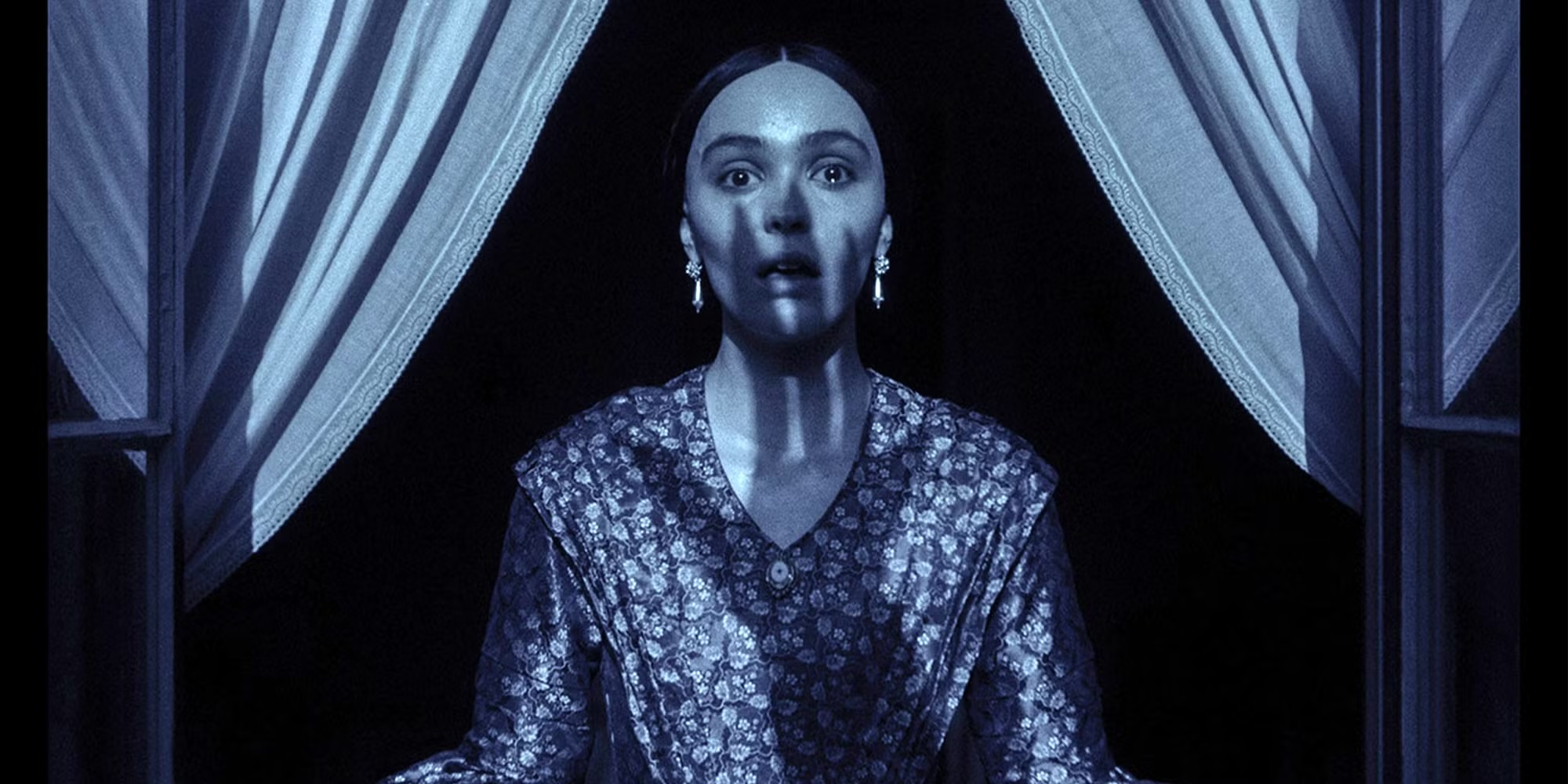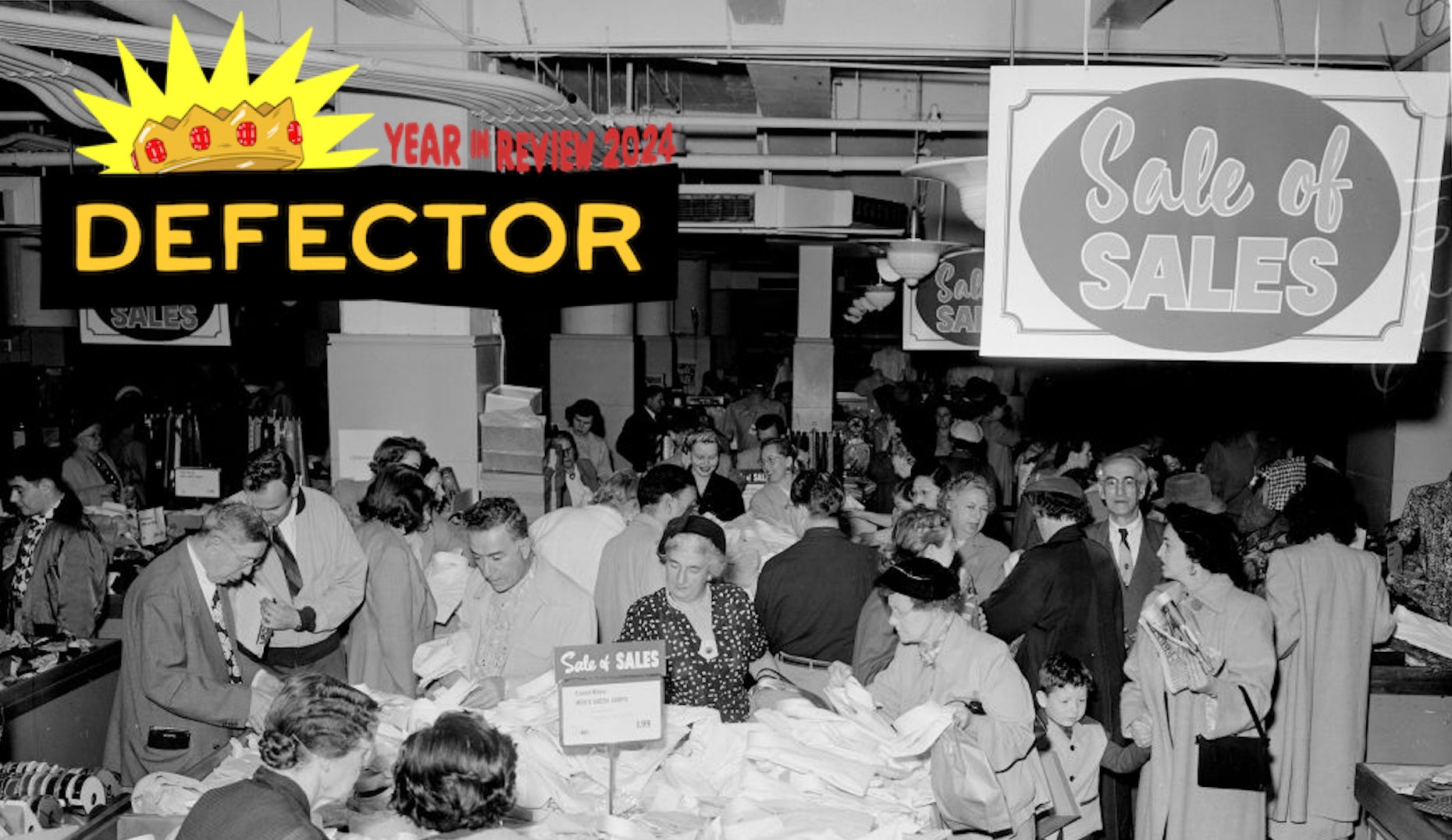A mass of 91,553 people entered the Camp Nou on Wednesday, and 91,553 people were rewarded for their time by the best team in the world. Barcelona, flawless in La Liga and the Champions League so far this season, hosted Real Madrid in front of the biggest crowd in women's soccer history, and laid a sometimes nervy but oftentimes casual beatdown on the visitors in this Champions League quarterfinal. Wednesday's scoreline of 5–2 doesn't quite capture the fact that these clubs are on completely different levels. The 8–3 aggregate score does a better job, but it really takes seeing Barcelona in action to understand why they're far and away the most dangerous opponent in all of European soccer.
It started, as things often do, with an accident. Sitting on a 3–1 aggregate lead after the first leg in Madrid, Barcelona came into the match in a comfortable spot, but it still needed a bit of juice from somewhere to really seal the deal. That somewhere turned out to be Mapi León's left foot. The 26-year-old defender found herself with a bit of room down the right side, and curled what was certainly meant to be a cross, but it turned out to be exactly the right kind of mistake to sail past Real goalkeeper Misa Rodríguez and into the goal:
What a goal that is 🤩
— DAZN Football (@DAZNFootball) March 30, 2022
Barcelona vs. Real Madrid
🇬🇧🎙👉 https://t.co/g4y6urk6O0
🇪🇸🎙👉 https://t.co/ronaygfgaK pic.twitter.com/mOXiclKQUr
If the axiom about 2–0 leads being the most dangerous in soccer is true, then it's fair to also say that a 4–1 aggregate lead is among the safest. That didn't stop Real Madrid, though, who probably wanted nothing more than to spoil this record-breaking party for the Catalonians. A single goal wouldn't be enough to even threaten Barcelona, which is why Real's handball-turned-penalty equalizer didn't feel like anything more than a consolation. That wasn't the case for Claudia Zornoza's long-distance chip of the keeper in the 48th minute, though, which put Real into the lead and put some real tension into the match:
UNBELIEVABLE GOAL FROM @claudiazornoza 😱
— DAZN Football (@DAZNFootball) March 30, 2022
Barcelona vs. Real Madrid
🇬🇧🎙👉 https://t.co/g4y6urk6O0
🇪🇸🎙👉 https://t.co/ronaygfgaK pic.twitter.com/UJQEvM6ggt
Suddenly, it was 4–3 on aggregate with a full half to play, and there are probably few things in soccer more uncomfortable a Camp Nou crowd stunned into silence. Would Barcelona really lose its first game of the season in this stadium, in front of this crowd, against this team? Well, no, it would not. Just four minutes later, Aitana Bonmatí leveled the score at two goals apiece and restored Barcelona's aggregate cushion. Three minutes after that, Clàudia Pina effectively ended things with yet another beautiful left-footed chip that may or may not have been on purpose:
WOW CLÀUDIA PINA 🔥
— DAZN Football (@DAZNFootball) March 30, 2022
Barcelona vs. Real Madrid
🇬🇧🎙👉 https://t.co/g4y6urk6O0
🇪🇸🎙👉 https://t.co/ronaygfgaK pic.twitter.com/ql5kjPJkM4
Barcelona didn't stop there. Team captain and best player in the universe Alexia Putellas added a goal of her own, and Caroline Graham Hansen finalized the aforementioned 8–3 destruction in the 70th minute. In spite of that brief moment of doubt, Barcelona was in utter control during the match: 67 percent possession, a 25 shot barrage on the Madrid goal, and one happy set of fans.
Speaking of those fans: Barcelona's women's team usually plays at the Johan Cruyff Stadium, where it averages a league-best 2,938 fans per game. However, this is the Champions League, and a quarterfinal Clásico deserved the biggest possible stage. The stated attendance of 91,553 thoroughly annihilated the previous women's club soccer record—60,739 at Atlético Madrid's Wanda Metropolitana—and just barely snuck by the 90,195 fans in attendance at the 1999 Women's World Cup Final in Pasadena to become the biggest crowd to ever watch a women's soccer match.
That it happened in this stadium, for this Barcelona team, is not surprising; this kind of excellence and dominance commands attention. For the season now, domestically and in Europe, Barcelona has a record of 33-0-0, with 170 goals scored and only 11 conceded. It's been as ludicrous a season as anyone has ever had, coming on the heels of Barcelona's historic La Liga, Champions League, and Copa de la Reina victories last year. A tougher match most likely awaits Barcelona in the semifinals, but either of its potential opponents there (either Arsenal or Wolfsburg) will be massive underdogs nevertheless. Shocking things happen in soccer all the time, but this Barcelona team seems as shockproof as any club can be. The party may move away from the Camp Nou, but the celebrations should continue all the way into Champions League final in Turin.





